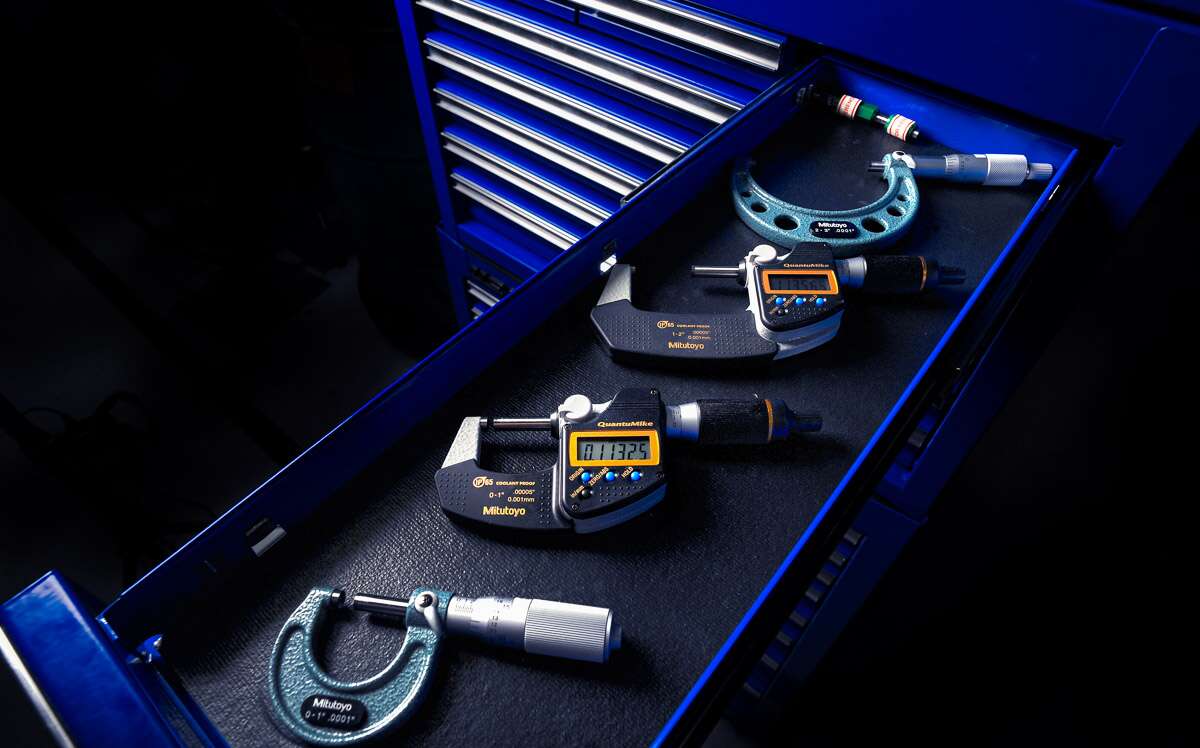
Maine manufacturing careers offer the opportunity to master advanced technical skills
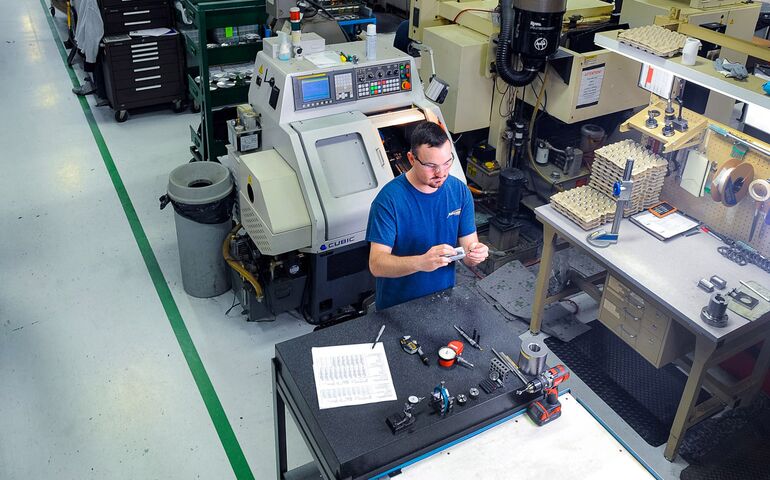 Photo / Fred Field
Ethan Bubar took a nine-month course in computer numerical control (CNC) machining at Northern Maine Community College, graduating in May 2022. He was immediately hired by Kennebec Technologies, a contract manufacturer in Augusta that specializes in precision aerospace parts.
Photo / Fred Field
Ethan Bubar took a nine-month course in computer numerical control (CNC) machining at Northern Maine Community College, graduating in May 2022. He was immediately hired by Kennebec Technologies, a contract manufacturer in Augusta that specializes in precision aerospace parts.
A new era of manufacturing is on the rise in Maine, one in which workers can prosper financially while mastering advanced technical skills working with cutting-edge technologies.
But getting the word out poses unique challenges in a state where manufacturing, once the dominant industry, now looks very different from what many people envision, industry leaders say.
“We have an awareness problem,” says Mike Roughton, executive director of the Manufacturers Association of Maine. “It’s a healthy, vibrant part of our economy. We have folks that are doing some very interesting, very high-tech things … that people just aren’t even aware of.”
The demand for manufacturing workers in Maine is pervasive, with employers across all parts of the state expressing a need for fresh talent, says Bill Whittier, senior project manager at the Maine Manufacturing Extension Partnership. Maine MEP helps small and midsize manufacturers in the state improve their operations by implementing advanced technologies.
Whittier says manufacturers of all kinds have been posting want ads on social media, job listing sites — even on signs in front of their buildings — in the hopes of getting noticed by potential hires.
“There’s not a one of them that doesn’t need employees,” Whittier says. “They’re pulling out all kinds of stops.”
Most Mainers have some understanding that the state’s manufacturing sector isn’t as dominant as it once was. At its height in the mid-20th century, as much as 40% of Maine workers were engaged in making paper, textiles, shoes and other manufactured goods.
Maine’s manufacturing output remains down significantly from its heyday but has been rising steadily in recent years, with a much greater diversity of roles for workers than in decades past.
The state’s legacy goods have largely been replaced by things such as advanced forest products, microchips, veterinary testing equipment and aerospace components. And shipbuilder Bath Iron Works remains a huge player in the sector, employing thousands of Mainers with skills including metal fabrication, welding, assembly and system integration.
Today, less than 10% of the state’s jobs are in manufacturing, and yet many employers are more desperate than ever to attract new talent. The pandemic only exacerbated the worker shortage, Roughton says, as many veteran makers chose to retire or leave the industry.
That increased demand spells opportunity for young people who choose manufacturing as a career, he says, but getting them interested may require changing their perceptions.
“There’s a long-held [idea] that manufacturing is a dirty business, and people have not been exposed to the improvements that have happened over the last few decades,” Roughton says. “They still have this mental image of dirt floors with a lot of smoke and hazardous conditions that just do not exist.”
Path of precision
Ethan Bubar, 20, took a nine-month course in computer numerical control (CNC) machining at Northern Maine Community College, graduating in May 2022. He was immediately hired by Kennebec Technologies, a contract manufacturer in Augusta that specializes in high-precision aerospace parts.
“My senior year I had to take a trade, and the only trade that really interested me was machining,” Bubar says. “Right now, at Kennebec, I’m making a part for the Air Force. I just like the idea of making parts for people across the world.”
Shawn Arbour, Kennebec Technologies’ director of sales and marketing, says most of the shop’s roughly 60 workers received their initial training through the state’s community college system. Kennebec has a close relationship with the community colleges and is represented on multiple advisory boards, he says.
“Our relationship is such that I can call a director like Rich (Bolding, precision machining chairperson at CMCC) … and I can ask him about (a prospective) employee and he’ll tell me the God’s honest truth about them, whether it’s good or bad,” Arbour says.
There’s a “huge shortage” of manufacturing job candidates in Maine, he says, in part because the profession isn’t heavily promoted at high schools, which tend to emphasize four-year college degrees. But not every student wants to go to school for that long, Arbour says, and for manufacturing, they don’t have to.
The most important thing Kennebec looks for in new hires is people with integrity who are honest and reliable, he says. The job pays well, takes place entirely indoors and provides ample opportunities for cross-training and continuing education.
“It’s a good career path to get into if you like working with your hands and take pride in what you do,” Arbour says.
Bubar, the CMCC grad, says he would recommend the community college route for anyone interested in learning precision machining or other manufacturing-related skills. It’s not the sort of thing someone can just walk into a shop and start doing. He also recommended that students gain computer literacy, as working with computers has become a big part of the job.
One of the benefits of working at a contract manufacturer such as Kennebec Technologies is that the products they make are always changing, Bubar says.
“You never know what you’re going to be doing, and that’s the fun part of it,” he says.

Jobs for everyone
Richard Bolding, the CMCC chair, says the job placement rate is over 95% for graduates of the college’s precision machining program. Students can go on to work in automotive, aerospace, defense, even furniture-making.
“I have a student that graduated three years ago, and he’s now down in North Carolina making parts for the Penske race cars,” he says. “There’s many different avenues that people can take within our program.”
Still, the profession remains a bit of a hidden gem, according to Bolding. Not many people understand what it means to be a machinist unless a parent or someone else they know is involved in the profession. Another barrier to making machining more widely known to students is the secretive nature of some of the work, which is often proprietary or even classified.
“Of my seniors who are graduating in May, I would say about half of them already have jobs lined up,” Bolding says. “Some of them are already working. By the end of the semester, the ones that don’t have a job don’t want a job.”
Isaac Bolduc, plant manager at Maine Machine Products Co. in South Paris, says group discussions among his colleagues often turn to the question of how to attract more young people to the profession. Maine Machine Products has about 175 employees and manufactures parts primarily for aerospace, defense and medical applications.
The company usually offers to pay community college tuition for its young workers, but tuition is currently free for all Maine high school graduates of 2020 through at least this year, thanks to a $20 million allocation from the state’s general fund. Scholarships have been a longtime component of Maine Machine Products’ recruitment strategy, along with apprenticeship and internship programs.
“We’ve got people retiring here this summer that were scholarship students, and they’ve been here almost 40 years,” Bolduc says.
Welding is another manufacturing profession that is in dire need of young workers — both in Maine and nationally, says Forrest Stone, a welding instructor at CMCC.
To help meet the projected need for 5,000 more welders in Maine over the next 10 years, CMCC opened a new welding lab in November with a nearly $1 million grant from the Harold Alfond Center for the Advancement of Maine’s Workforce.
Demand for welders is growing “at a lightning rate,” he says, as more and more manufacturing businesses are relocating to Maine at the same time a large number of older, highly skilled welders are retiring. Many of them had continued to work until well beyond age 65, Stone says.
Welding is a diverse profession that offers a lot of specialization and variety, he says, in addition to excellent pay and job security.
“It encapsulates all manufacturing, from the microscopic and scientific to heavy industry and bridge-building,” Stone says. “There’s probably a niche for everyone.”






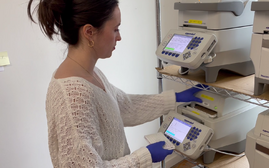
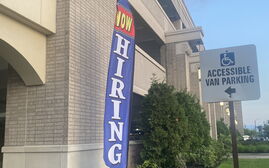
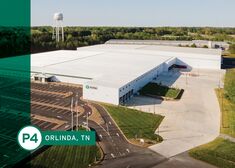





0 Comments